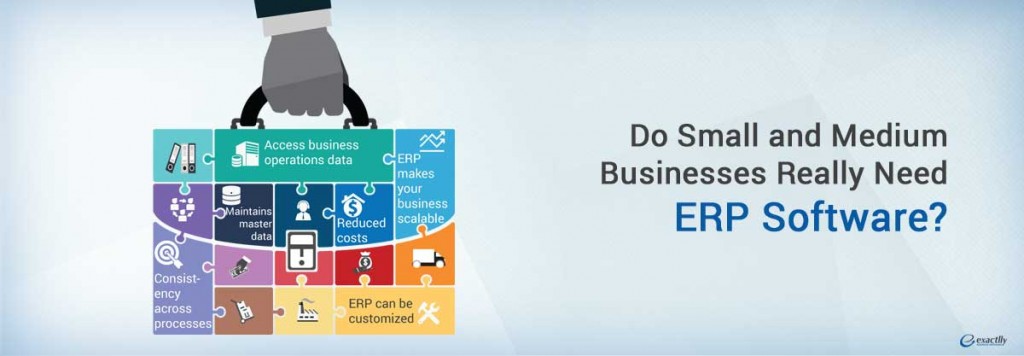SAP ERP: A Comprehensive Overview
What is SAP ERP?
SAP ERP (Enterprise Resource Planning) is a comprehensive, integrated software suite designed to manage and streamline various business processes across an organization. It offers a wide range of modules that cover core business functions such as finance, accounting, sales, distribution, manufacturing, and human resources. SAP ERP is renowned for its scalability, flexibility, and ability to support complex business requirements.
Benefits of SAP ERP
- Improved efficiency: SAP ERP automates and streamlines business processes, eliminating manual tasks and reducing errors. This leads to increased efficiency and productivity throughout the organization.
- Enhanced data accuracy: By centralizing data in a single system, SAP ERP ensures data consistency and accuracy. This eliminates data duplication and discrepancies, providing a reliable foundation for decision-making.
- Real-time visibility: SAP ERP provides real-time visibility into business operations, enabling managers to make informed decisions based on up-to-date information. This enhanced visibility helps identify areas for improvement and optimize performance.
- Improved collaboration: SAP ERP facilitates collaboration and communication between different departments within an organization. By sharing data and processes, teams can work together more effectively and achieve better outcomes.
- Increased adaptability: SAP ERP is highly adaptable and can be customized to meet specific business needs. This allows organizations to tailor the system to their unique requirements and respond quickly to changing market conditions.
 .
.
Disadvantages of SAP ERP
- High implementation cost: SAP ERP implementation can be expensive, requiring significant upfront investment in software, hardware, and consulting services.
- Complexity: SAP ERP is a complex system that requires skilled resources to implement and maintain. This can lead to challenges during implementation and ongoing support.
- Customization challenges: While SAP ERP is adaptable, extensive customization can impact system stability and performance. Organizations need to carefully evaluate the benefits and risks of customization before making changes.
- Integration challenges: Integrating SAP ERP with other systems can be complex and time-consuming. This can hinder data flow and limit the system’s effectiveness.
- Vendor lock-in: Organizations that implement SAP ERP become dependent on SAP for ongoing support and upgrades. This can limit their ability to explore alternative solutions or negotiate favorable terms.
Essential Information about SAP ERP
- Modules: SAP ERP consists of a wide range of modules, including finance, accounting, sales, distribution, manufacturing, and human resources. These modules can be implemented individually or as a comprehensive suite.
- Deployment options: SAP ERP can be deployed on-premises, in the cloud, or as a hybrid solution. Organizations can choose the deployment option that best suits their needs and infrastructure.
- Partners and support: SAP has a vast network of partners and support resources to assist organizations with implementation, customization, and ongoing maintenance.
- Industry-specific solutions: SAP ERP offers industry-specific solutions tailored to the unique needs of various industries, such as healthcare, manufacturing, and retail.
- Future roadmap: SAP is continuously investing in SAP ERP to enhance its capabilities and meet evolving business requirements. The future roadmap includes advancements in automation, artificial intelligence, and cloud computing.
 .
.
FAQs
- What is the difference between SAP ERP and SAP S/4HANA?
SAP S/4HANA is the next-generation ERP solution from SAP, built on an in-memory database. It offers improved performance, simplified data models, and enhanced user experience. - Is SAP ERP suitable for small businesses?
SAP Business One is a tailored solution for small businesses that offers a simplified version of SAP ERP. It provides essential ERP functionality at a lower cost. - What is the cost of SAP ERP implementation?
The cost of SAP ERP implementation varies depending on factors such as the size of the organization, the number of modules implemented, and the level of customization required. - How long does it take to implement SAP ERP?
SAP ERP implementation typically takes several months to years, depending on the complexity of the project and the organization’s readiness. - What are the key success factors for SAP ERP implementation?
Key success factors include strong project leadership, clear business objectives, skilled resources, and effective change management. - How can I get started with SAP ERP?
Organizations interested in SAP ERP should contact SAP or a certified SAP partner to discuss their requirements and explore implementation options. - What is the future of SAP ERP?
SAP is committed to the continued development of SAP ERP. The future roadmap includes enhancements in automation, artificial intelligence, and cloud computing. - What are the best practices for SAP ERP optimization?
Best practices include regular system upgrades, performance monitoring, process optimization, and user training. - How can I find qualified SAP ERP consultants?
SAP has a directory of certified SAP partners and consultants who can provide implementation, customization, and support services.
Conclusion
SAP ERP is a powerful and comprehensive ERP solution that can transform business operations. Its advantages include improved efficiency, enhanced data accuracy, real-time visibility, improved collaboration, and increased adaptability. However, organizations should carefully consider the disadvantages, such as high implementation cost, complexity, and vendor lock-in. By understanding the essential information, FAQs, and best practices related to SAP ERP, organizations can make informed decisions and leverage the system to achieve their business goals.
 .
.

